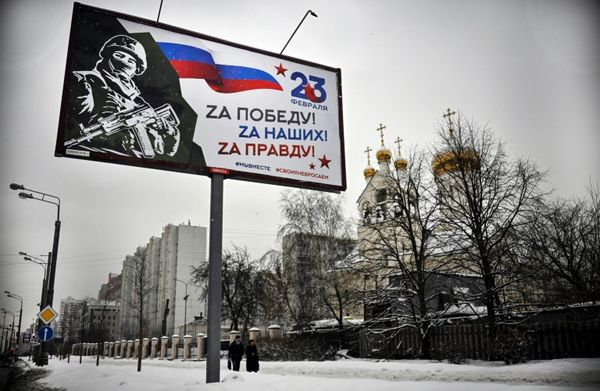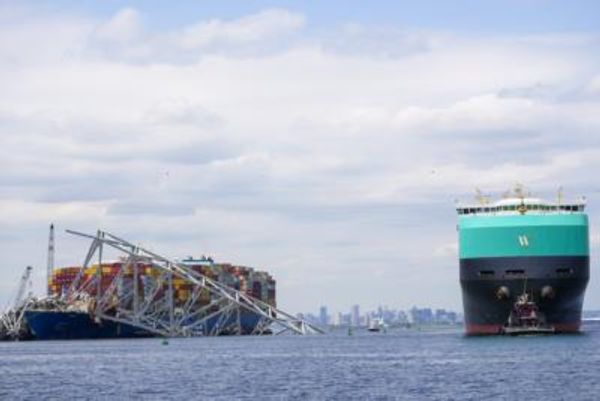
The jailing for three years of Australian professor Sean Turnell in Myanmar has underscored the random, wanton brutality of a regime that is dragging its country back into darkness with little hope of any change any time soon.
Turnell was an economic adviser to deposed Myanmar civilian leader Aung San Suu Kyi, whose reelection for a second five-year term in a landslide in November 2020 triggered a coup by the military — which already had effective control of the country — in February 2021.
Turnell, a Macquarie University academic, has been detained for the past 19 months. Aung San Suu Kyi was convicted on the same charges and her three-year sentence will be added to the 20 years she is already serving for separate cases — and she faces further trials.
Foreign Affairs Minister Penny Wong said the Australian government rejected the court ruling and called for his “immediate release”.
Professor Turnell was tried in a closed court. Australia’s chargé d’affaires and consular officials in Myanmar made every effort to attend the verdict but were denied access to the court. The Australian government has consistently rejected the charges against Professor Turnell… We acknowledge the strong international support shown for him, including from our region.
Wong’s call was backed by local advocacy group the Australian Myanmar Institute which has also advocated that the government recognised the country’s government-in-exile the National Unity Government (NUG) which exercises control over some areas of the country and recently opened an office in Canberra.
Turnell’s plight in some ways restricts Wong’s stated desire to impose more sanctions on the regime and its key players. Such a move appears unlikely as the government continues to agitate for his release.
The coup and the actions of its military — which buys arms from China and Russia — in launching daily attacks on its own people have been uncommonly brutal and indiscriminate. They have murdered at least 1500 civilians in street clashes and air attacks and detained about 15,000. They have attacked hospitals, churches and schools. In an attack on a school by armed helicopters last week in the central Sagaing region, at least six children were killed and many more injured. In July, four political prisoners were executed with little warning, the first since 1985. More have been flagged.
Still, experts say that the stiff and continuing resistance to the military — especially in the centre of the country home to the majority ethnic Bamar group from which the British drew the country’s colonial name Burma — was not anticipated by the regime.
New guerilla groups under the umbrella of People’s Defence Force (PDF) have sprung up alongside about a dozen traditional ethnic-based militias — including the Kachin Independence Army, the Arakan Army and the Karen National Liberation Army — in the outer states of Myanmar. But unlike in Ukraine, little assistance by way of arms and resources have been provided by Western nations, leaving many of the newer mainly youth-based forces outmatched.
Alongside the conflict which coincided with the COVID pandemic, leaving sickness and death statistics from the virus largely undocumented, the country’s economy is in freefall.
The United Nations has estimated that 1.3 million people have been internally displaced by the conflict — 974,000 since February 2021 and 653,000 in 2022 alone. The country already had 330,000 long-term internally displaced people in often crowded camps, mainly in the north (Kachin) and west (Rakhine) before February 2021.
The value of the Myanmar kyat (MMK) dropped rapidly in August, trading at about MMK3500 to the US dollar in the informal market, compared with MMK1800 in early 2022. Before the coup the rate was about MMK1300.
This has created a surge in basic commodity prices and an estimated 11 million people — 20% of the total population — face acute food insecurity, according to a March 2022 household survey conducted by UN agencies. The World Food Program’s price monitoring in August suggests the cost of a basic food basket was 54% higher compared with the same time last year.
With the military failing to control many parts of the country — particularly the ethnic fringes — and struggling to keep peace in most places outside the major cities of Yangon, Mandalay and Naypyidaw — there are still guerilla attacks in the first two — there is little end in sight to the conflict, much less any resolution.
Some are taking heart in continuing defections from the military to militias. These have amounted only to an estimated 10,000 out of a military that is 350,000-400,000 strong but they illustrate that the military, for the first time since its original takeover in 1962, is in for a protracted battle right across the country.
Unlike Ukraine, this horror show is on our doorstep and Myanmar is still a member of the Association of Southeast Asian Nations. Turnell’s situation may have tied Canberra’s hands somewhat but more can be done — including engaging with the NUG, keeping the conflict in the spotlight, and increasing refugee places for Myanmar nationals.







